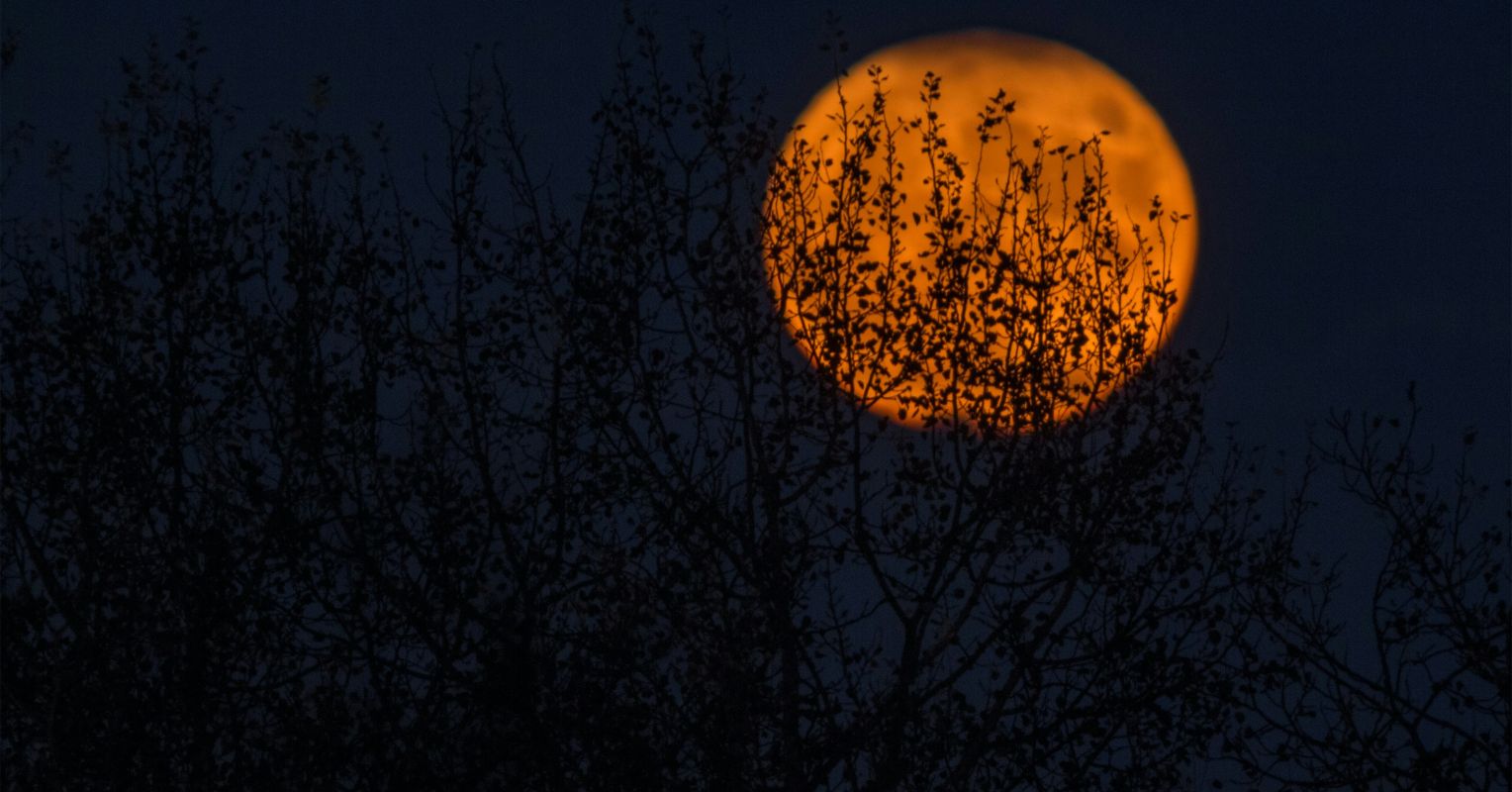
"But while people may love these Halloween traditions, not everyone agrees on what to call the night of October 30, a night where pre-Halloween pranksters often come out. For many people, it's "mischief night"; for others, its "cabbage night," "goosey night," "devil's eve," "gate night," "moving night," "mat night," or "corn night." And then there are those who don't have any word at all for Halloween eve and save their tricks for Halloween proper."
"We often think that dialect differences in today's interconnected digital age are mostly a thing of the past. But the array of terms for "mischief night" across the U.S. shows that they're still surprisingly robust. Roughly speaking, "mischief night" is found in the mid-Atlantic, "devil's night" in the Great Lakes area, "cabbage night" in New England, and "gate night" in the Upper Midwest and Canada."
"But the picture is complicated, and there's surprising variation even within relatively small geographic areas. For instance, in New Jersey "mischief night" is popular, but there are areas in the northeastern corner of the state where "goosey night" predominates, as well as small pockets of "cabbage night." Just a couple states away, in Baltimore, we find "moving night", and if you go a bit west to the Appalachian Mountains, you might"
Surveys rank Halloween among America's favorite holidays. Many people recall trick-or-treating as children for candy and sometimes playing pranks. The night before Halloween has many U.S. names: mischief night, cabbage night, goosey night, devil's eve, gate night, moving night, mat night, and corn night. Regional patterns put mischief night in the mid-Atlantic, devil's night in the Great Lakes, cabbage night in New England, and gate night in the Upper Midwest and Canada. Local pockets show surprising variation, such as parts of New Jersey favoring goosey night or cabbage night and Baltimore using moving night. Dialect differences remain robust and reflect settlement history and cultural differences.
Read at Psychology Today
Unable to calculate read time
Collection
[
|
...
]